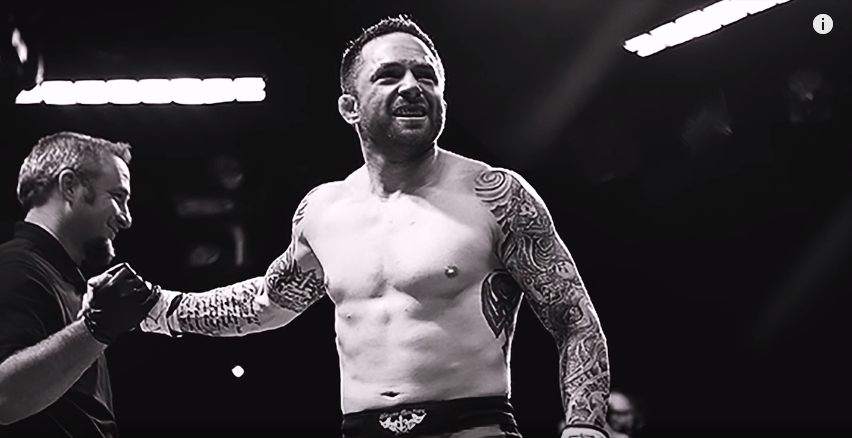Mixed martial arts (MMA) offers military veterans a way to relieve stress, stay fit and manage PTSD symptoms after they leave the service. In kind, organizations such as UFC support military fans by sponsoring veterans charities and offering 10% military discounts.
Former MMA fighter and Marine Chad Robichaux has seen the best and worst sides of this coin. In an incredible interview with Ben Fowlkes of MMAJunkie, Robichaux discussed how his MMA journey affected his recovery from PTSD.
After the Sept. 11 attacks, Robichaux left the police force to return to the Marine Corps. He completed eight tours in Afghanistan with the Joint Special Operations Command task force.
Between each deployment, Fowlkes writes that Robichaux would distract himself from his growing anxieties and panic attacks by practicing jiu-jitsu. When he was diagnosed with PTSD in 2007 and removed from JSOC, his passion for martial arts went into overdrive.
The thing he can admit now is that it was an addiction. Of course it was. No one who spends 10 hours a day in the gym can reasonably call it anything else. He ignored his family. He put all his energy into training. The problem was, he didn’t see it as a problem.
After all, martial arts is a good thing, especially for returning vets, many of whom have extolled the virtues of MMA training as a way to help them work through PTSD symptoms.
“My thing was, I was using it as a crutch,” Robichaux said. “I wasn’t willing to try and get better. I was using it the way people use drugs and alcohol. It’s like, you could have a medicine that helps you when you’re sick, but you can also abuse that medicine, and that’s what I did.”
Basically, a single-minded dedication to MMA caused Robichaux to neglect his family and health. His obsession grew so severe that he and his wife Kathy separated. Thanks to some counseling from their church leaders, the couple reconciled.
Together, the couple founded the Mighty Oak Warrior Programs to help other military veterans cope with PTSD without hurting their loved ones.
The Robichauxs later reconciled, and in 2011 they started Mighty Oaks Warrior Programs, a Christian non-profit that focuses on peer-based programs for military veterans and their families.
They’ve had 950 graduates from their program in the five years since they started, Robichaux said, but just as important for his own healing and growth is his role as president of the group, which forced him to open up and tell his story to others.
“For me, there came a boiling point where I had to deal with it,” Robichaux said. “And once I dealt with it, it wasn’t like I immediately wanted to start speaking about it. But I realized, it’s not just me. This problem is big. We’ve got 23 veterans a day taking their own lives, and so many divorcing their families. Somebody’s got to do something.”
Robichaux hasn’t fought in an MMA ring since 2013. If his interview with Fowlkes is any indication, the Marine is better for it.




































